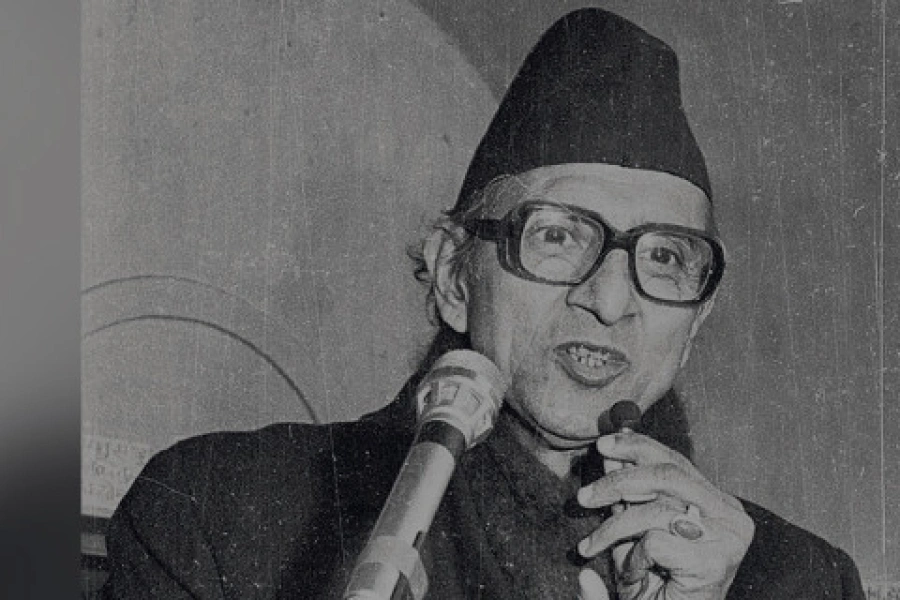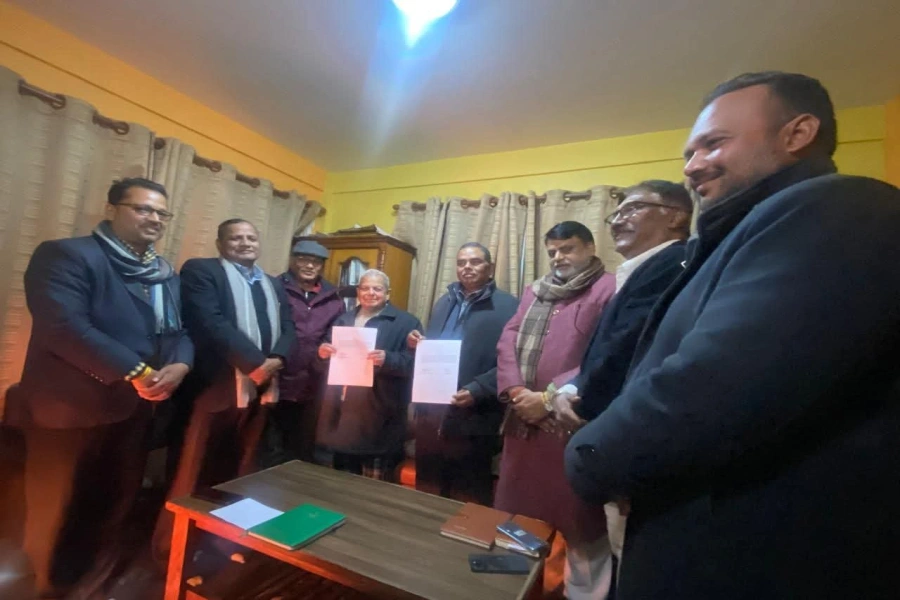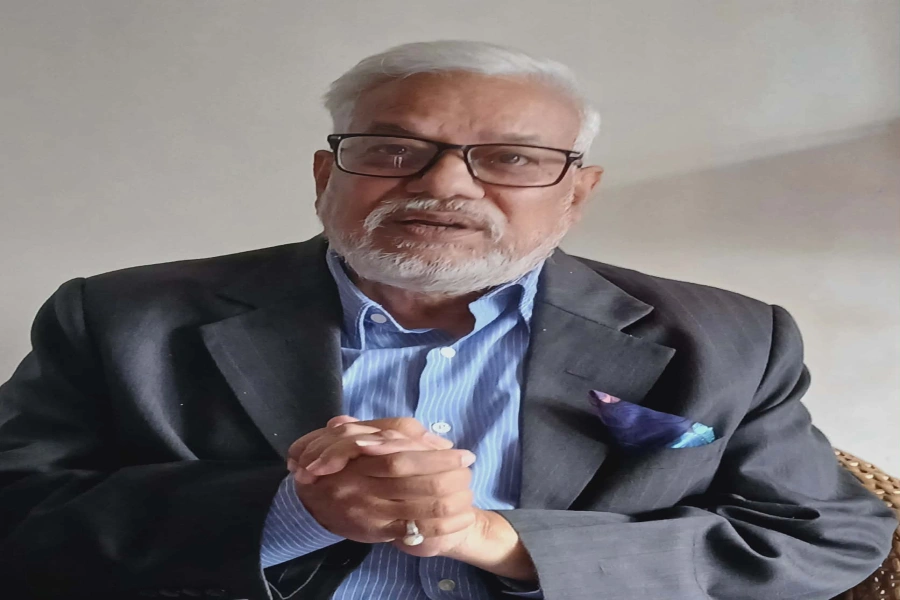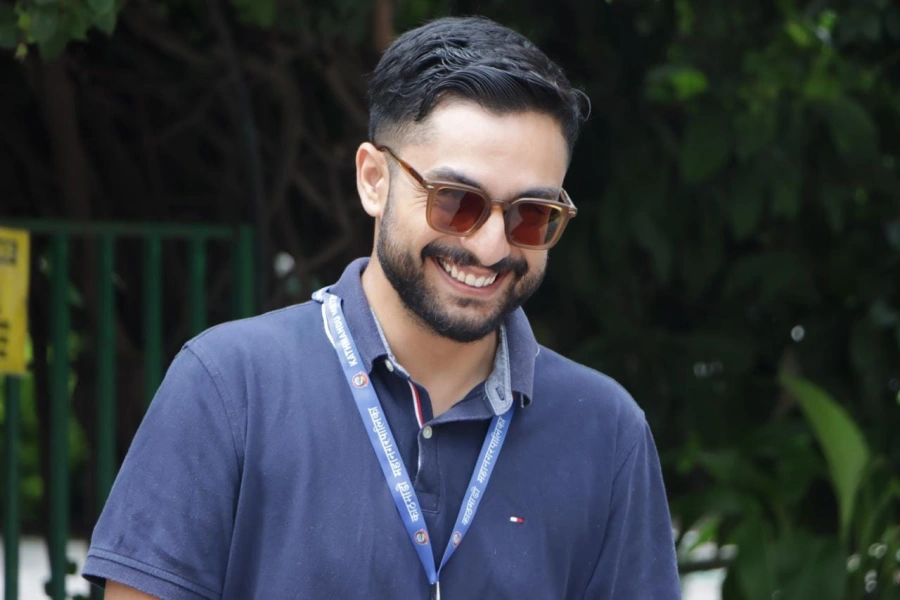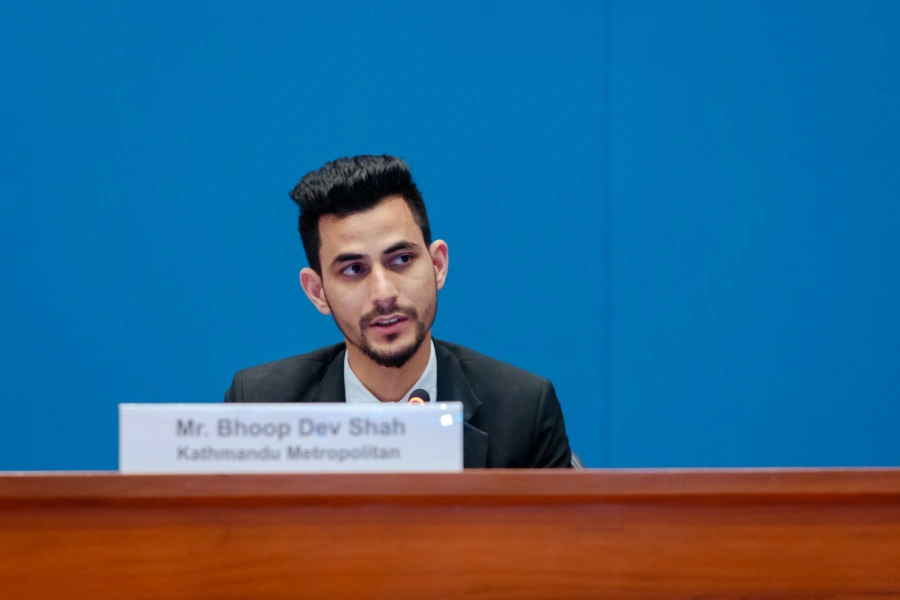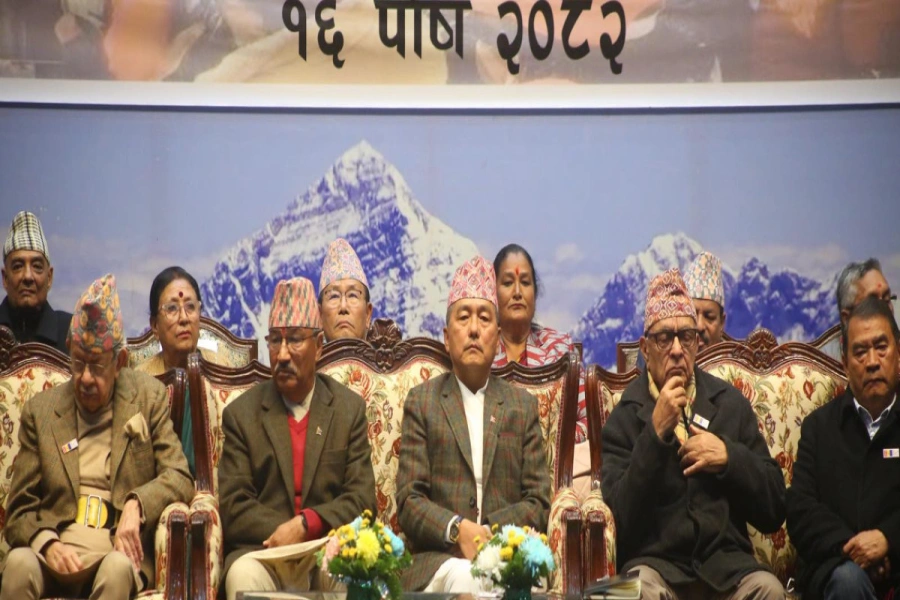The tea had gone cold again. The last wisp of steam dissolved into the damp air like my life, a brief warmth, and then nothing. Outside, the season’s first winter chill rattled the window panes. I should refill it, but what was the point? The tea would only grow cold again, just as my mother’s hands had that final winter.
That winter, when I was only ten, my mother died of pneumonia. She was my everything, my whole world. I had a rare disease no one could name. The cold made my bones creak as if they were breaking from inside. Every winter, my mother sat beside me, soaking a rag in hot water and pressing it against my skin, whispering that the pain would pass. The doctors had examined me, frowned, exchanged glances, and offered medicines that did nothing. “He’ll grow out of it,” one had muttered. Another simply sighed. My mother never believed them. She only tightened her grip on my hands and promised to bear the pain with me.
But that winter, she stopped suddenly while pressing the rag against my forehead, swollen and bulging as if it would tear through my skin. Her lungs rattled, her body quivering with a fever that stripped her voice to a whisper. “It'll pass,” she tried to say, but the words broke into a cough, and blood splattered all over me. She stopped holding me.
The fever hollowed her out, and I watched her slip away from this world, inch by inch—her lips cracked, her chest rising and falling like something barely clinging to life. I shook her, called for her, and begged her to wake up. The room was so quiet I could hear the cold creeping under the door. Her hand was still warm when I clutched it. Then it wasn’t. The steam from the last rag she’d prepared for me curled into the air and vanished.
She was free of pain. I was drowning in it.
And winter has never left me since. It lingers in the marrow of my bones, in the breath that fogs against glass, in the hush of snowfall that feels too much like silence. I fear it—not for its cold, but for the memories it brings. It reminds me of her, of the way she pressed steaming rags to my skin, her fingers careful, her touch a lullaby. Of the smile she wore like a quiet promise, even as the pain grew stronger. Of her eyes—softer than snowfall, kinder than anything I have ever known. But, winter does not bring her back. It does not whisper promises. It only steals—breath, warmth, hope—until I am nothing but a boy paralyzed by grief.
My father, a man of strength who was in the army, left his job and returned home. He often sat outside in the barren field at nights in silence, staring at nothing, or perhaps looking for my mother in those gleaming, dreary stars. His eyes grew dull, his smile faded, and in the space where joy once lived, there was only emptiness. The grief in his heart was becoming miserably painful. It swallowed him, the way pneumonia had swallowed my mother. And one morning, I found him dead in his bed. He had fired a bullet in his heart with his old revolver, ending all his miseries.
Pokhara int’l airport: Night flights from tomorrow

I miss him. I miss her. And some nights, I wonder if this pain of heart-tearing nostalgia will ever end. Oh, how I despise this life, the very air I’m forced to inhale.
I’m twenty-five now. Alone, and despairingly desolate in the world. Each night, I reach for the revolver with which my father had ended his suffering. I press the muzzle to my temple, steady my breath, and tell myself this is the night. That on the other side, they are waiting. But every time, the night passes, and I wake to the same hollow ache. And the next night, I find myself doing it all over again.
But tonight, just as I steadied the revolver, a flicker of movement outside caught my eyes. And through the rustic bars of my window, I saw an old man sitting at the bus station, his back hunched against the rain. He looked lonely. The wind howled around him. He didn’t budge an inch. He just sat there, still and as if waiting for someone.
It was half past midnight, and the rain was falling in a soft drizzle. “What is this man doing at this hour?” I wondered, “And alone, no less. Doesn’t he see how pointless it all is? Should I tell him?” The thought lingered, but the idea of speaking to him felt strangely absurd—almost like reaching out to someone who might pull me back from the edge, which was the last thing I wanted. Still, something in me stirred, urging me to move, to do something, anything, to break the suffocating stillness. But I knew I wouldn’t. And yet, without quite knowing, I found myself standing at the station, hands in my pockets, pretending to wait for someone that didn’t even exist. The streets stretched out, empty, lifeless, only the occasional flicker of a dying streetlamp disturbed the stillness. Somewhere far off, beyond rows of darkened windows, the sound of music drifted through the air, thin and distant, like an old song played on a fading radio.
I couldn’t bring myself to speak. Instead, I watched the road stretch ahead, black and gleaming, its wet surface catching the dim glow of the streetlights. Their reflections shivered in scattered puddles, breaking apart whenever a gust of wind rippled the water. Headlights of trucks and cars passed in brief, ghostly flashes, gliding with a sharp roar before dissolving into the dark. The trees swayed in slow, deliberate motions, their branches casting restless shadows on the pavement. The wind carried the scent of damp earth and something faintly metallic, like rusted iron.
A stray dog trotted along the empty sidewalk, its ribs poking through its matted fur like it hadn’t seen a decent meal in ages. It paused under a streetlamp, shook the rain from its fur with the grace of a dancer in a forgotten cabaret, then, with a knowing glance, slunk into the shadows, vanishing as if it had somewhere more interesting to be. I watched it go until I heard a voice.
“You’ve been standing there for twenty minutes, young man,” the old man spoke at last. I turned to him, his ancient and ageless eyes seemed to look right through me, and I found myself briefly caught in their gaze. “Yet you haven’t once stepped into the light. Why?” His voice, like the sound of gravel underfoot, cut through the stillness. I stiffened, the question strange and unnecessary. As if a simple step into the glow of the streetlamp could alter anything. “The light changes nothing,” I said, a little angered.
“Nothing?” His chuckle was the sound of a bone breaking underfoot. “Or is it the light you fear?”
“The dark doesn’t lie,” I muttered. “It tells you what you are.”
“Ah.” His breath fogged between us, though the rain didn’t touch him. “But the light—that’s the cruel one. It shows you what you could be. And that’s worse, isn’t it?”
“Perhaps,” I said.
The storm suddenly unleashed itself, as if it had been waiting for this time. Thunder cut through the cloudy sky. The rain lashed in a downpour, not sudden, but steady and unyielding, turning the bus station into a dim, confined space where half-light flickered and shadows stretched like weary hands. I rushed towards the bench beside the old man and sat down, my breath uneven, as the water trickled down from my hair into my eyes. The storm didn’t seem to care whether we were there or not; it was as though it had a life of its own, indifferent to the world around it.
The old man smelled of dampness and something faintly rotten, a heavy, sour scent that lingered like the decay of something forgotten. I wiped my face with the back of my hand, my pulse still skittering from the last deafening crack overhead.
“Afraid of thunder, young man?” He said, a smile in his wrinkled face as if he knew what I’d say.
“Yes.”
A gust of wind caressed my skin. And I waited for the old man to say something, but he went still for a few minutes. And suddenly I heard him say, “You are not ready, son.” A cold shiver ran down my spine. The rain shuddered—then parted around him like a curtain, as if the drops themselves refused to touch him. As if he were no longer part of this world.
His ancient, ageless eyes locked onto mine. Then, like smoke in a gale, he dissolved into the storm. The bench sat empty. The wind howled on indifferently.
My fingers trembled as something pressed into my palm—a slip of cardboard, warped with damp. An UNO card. The UNO card. The one father and I always fought over, red and defiant, the last play before bedtime when I was a kid. I turned it over. Faded ink, smudged by rain, whispered a single phrase: “Not yet.”



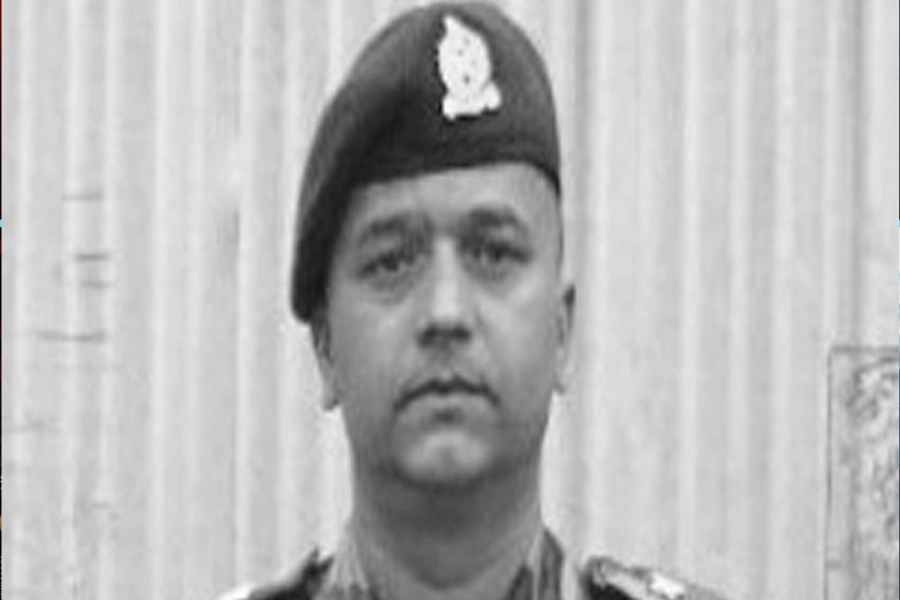

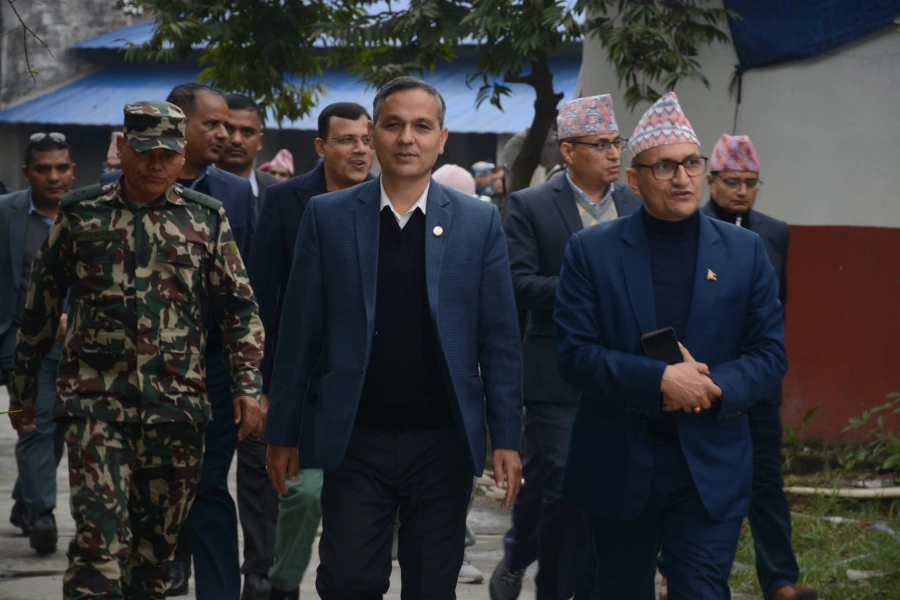
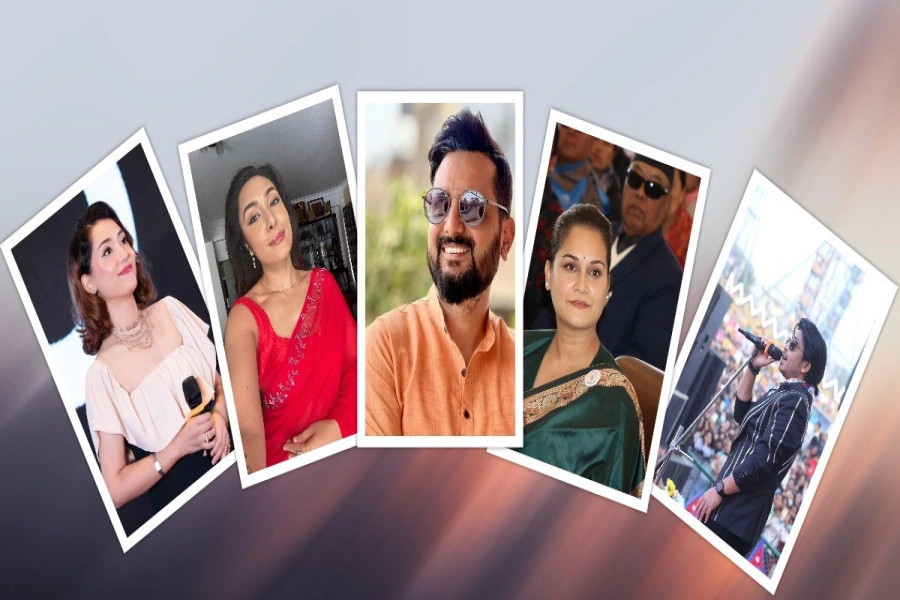
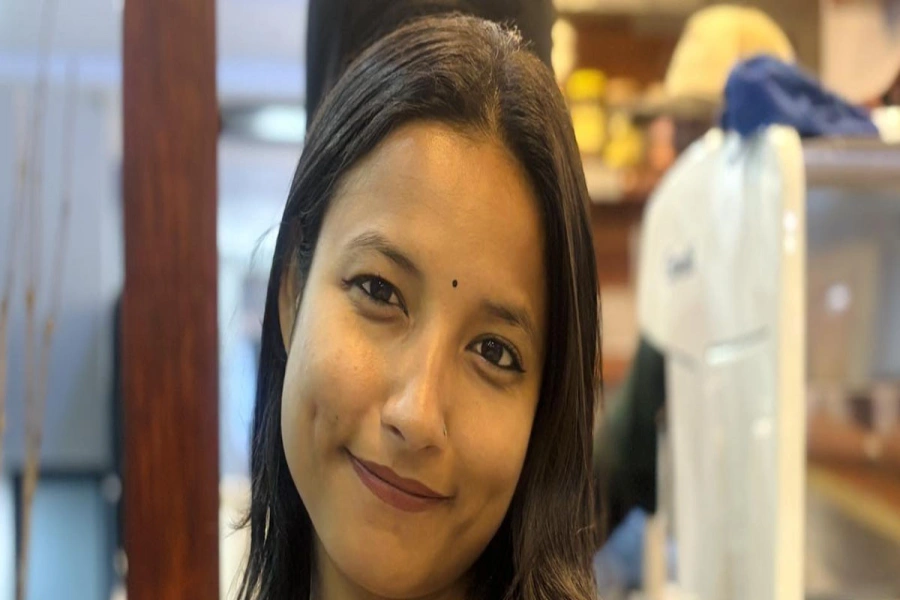

-1200x560_20230918142114.jpg)

_20220508065427.jpg)
